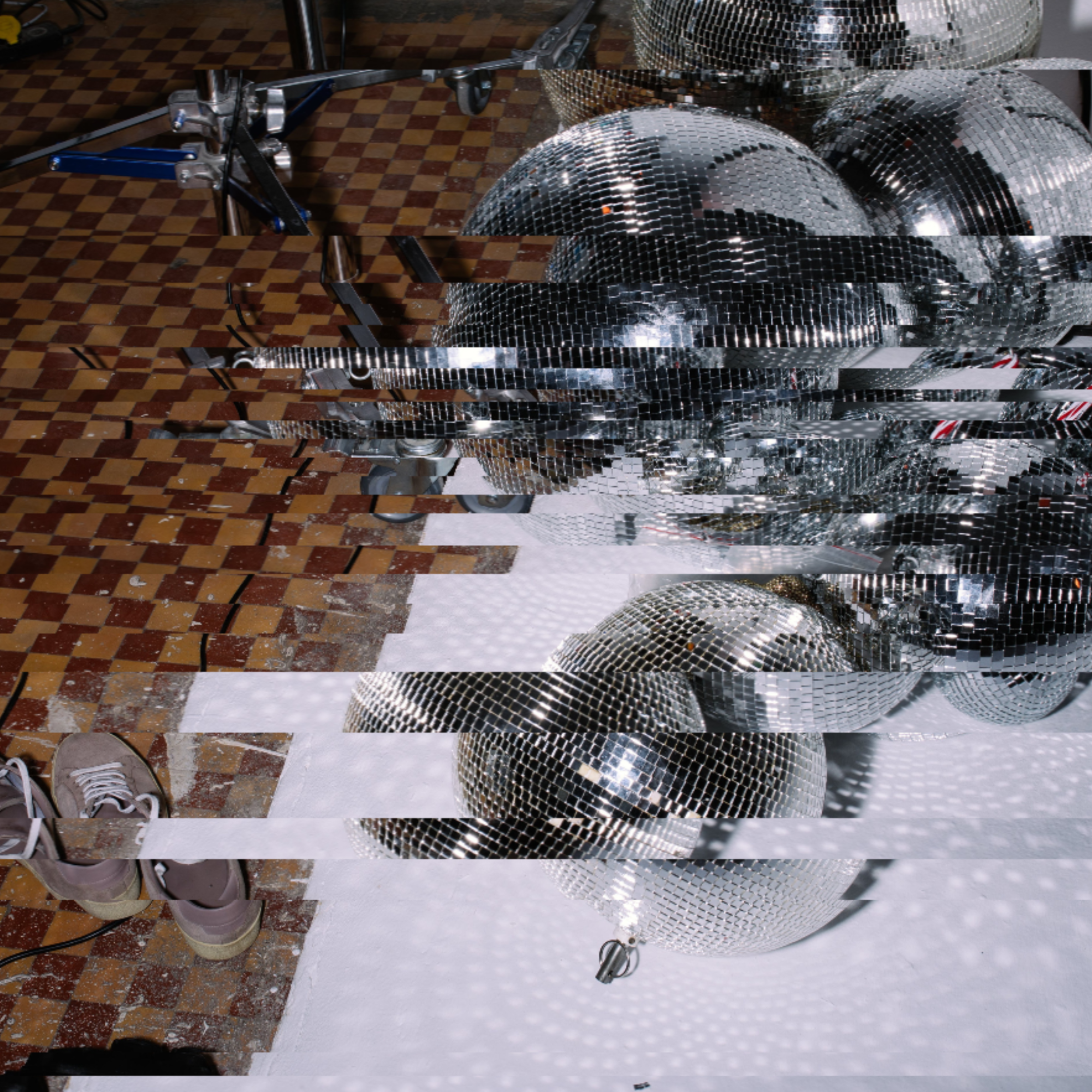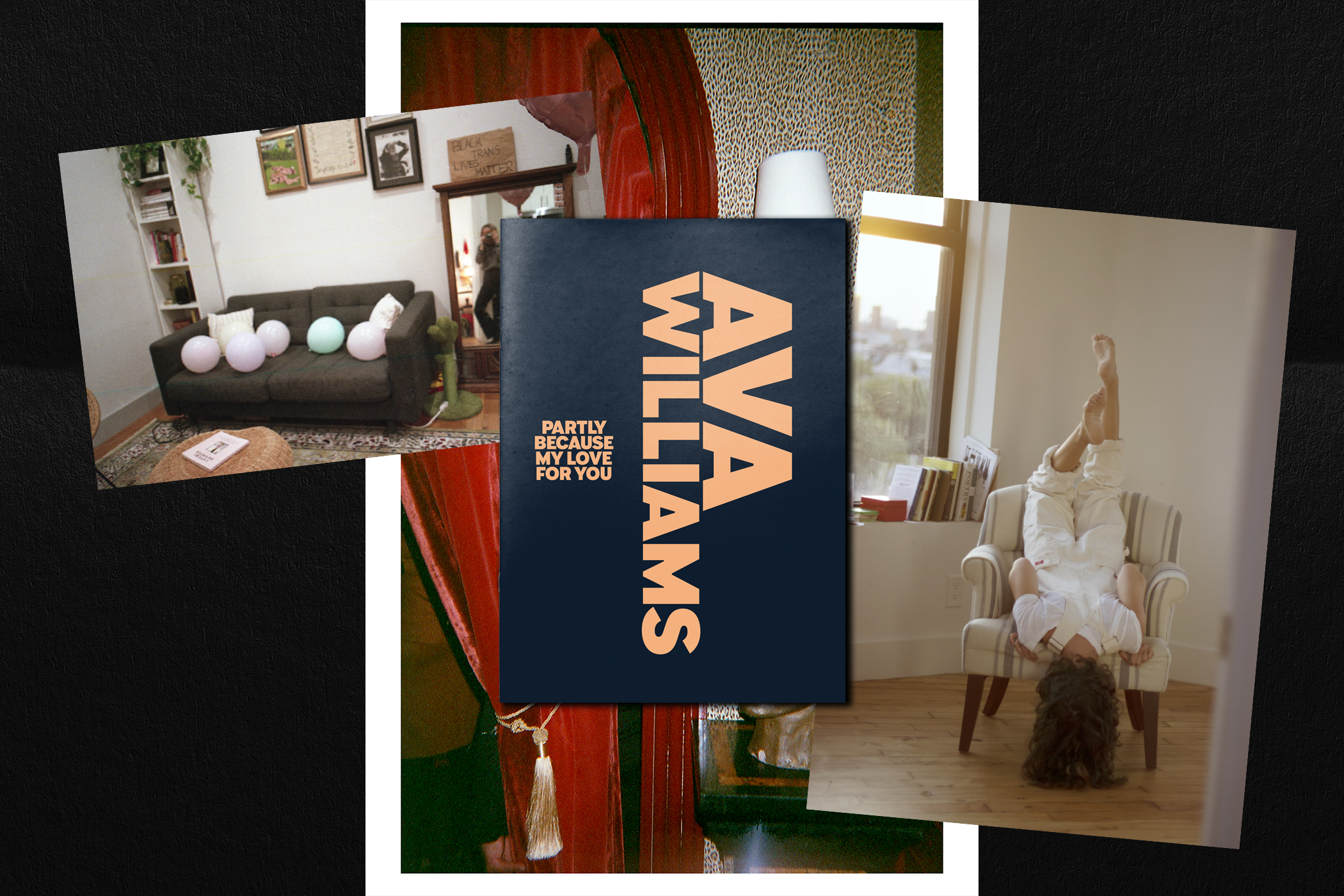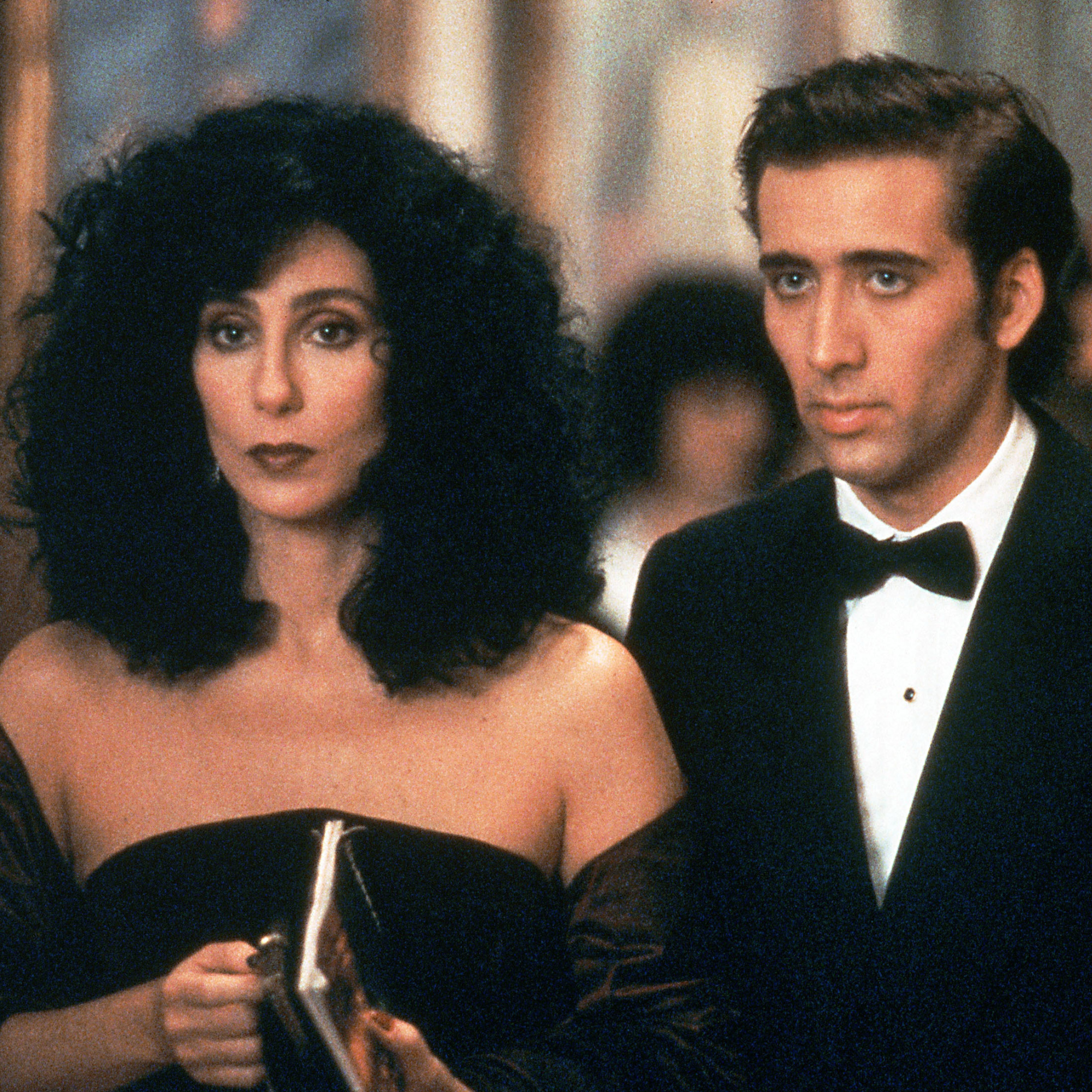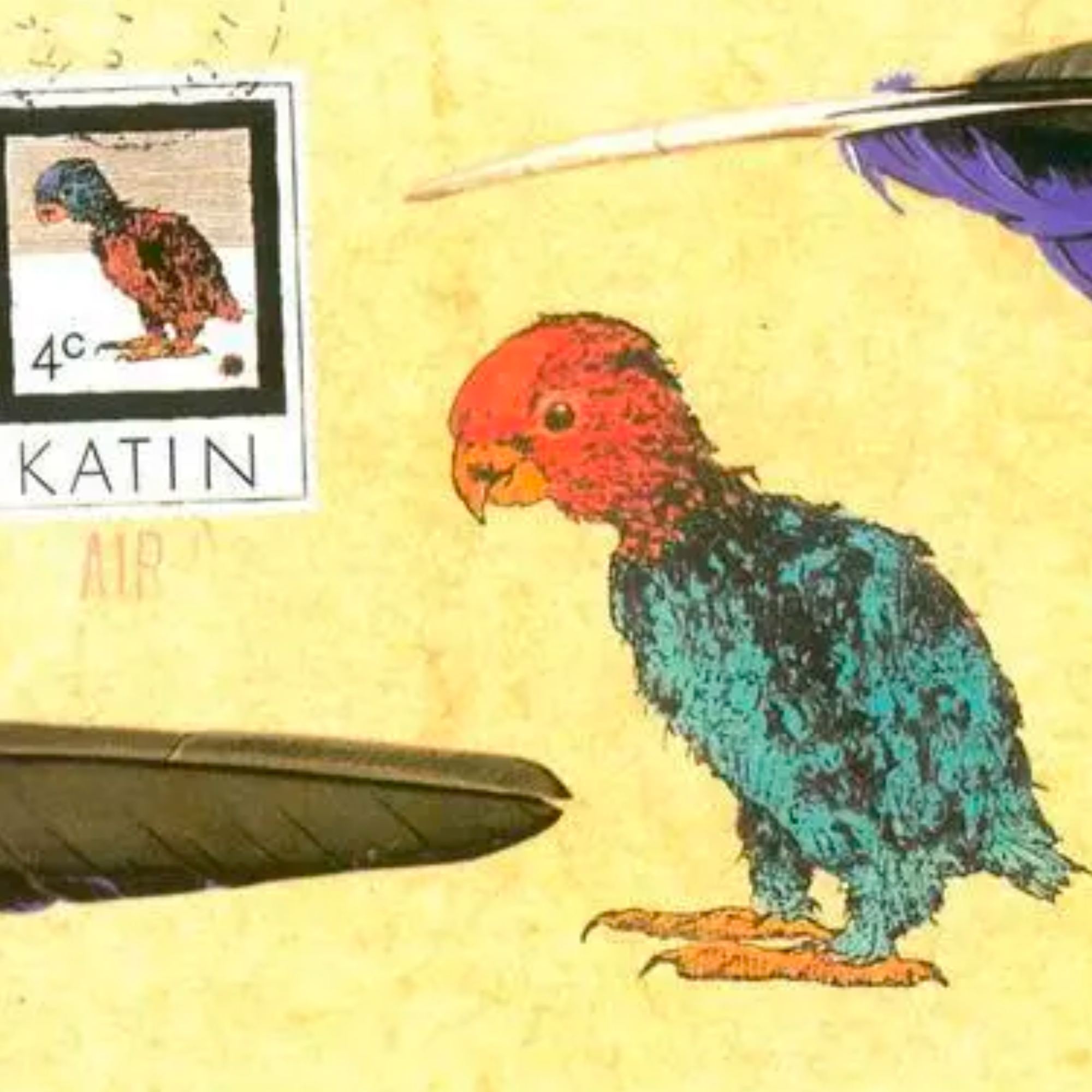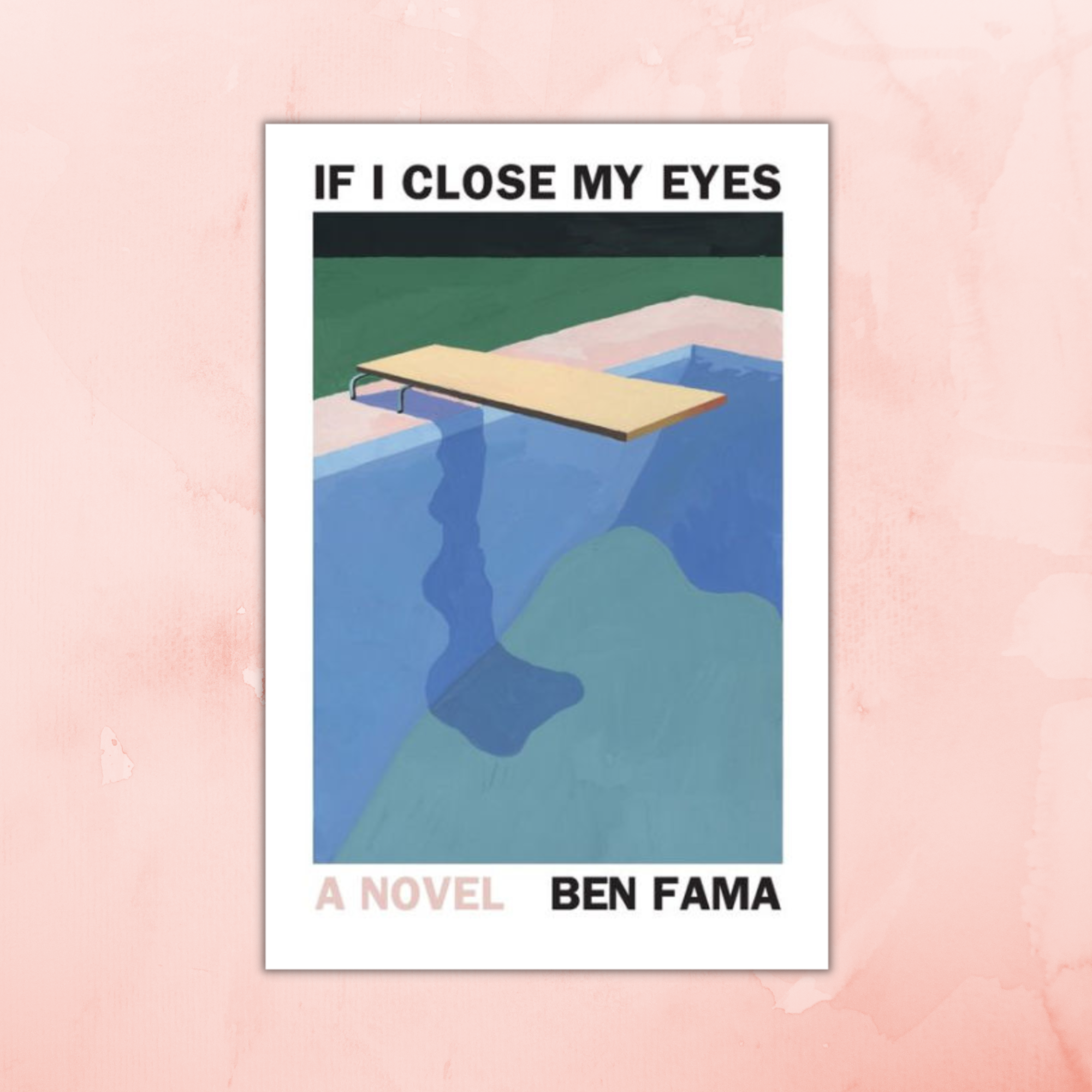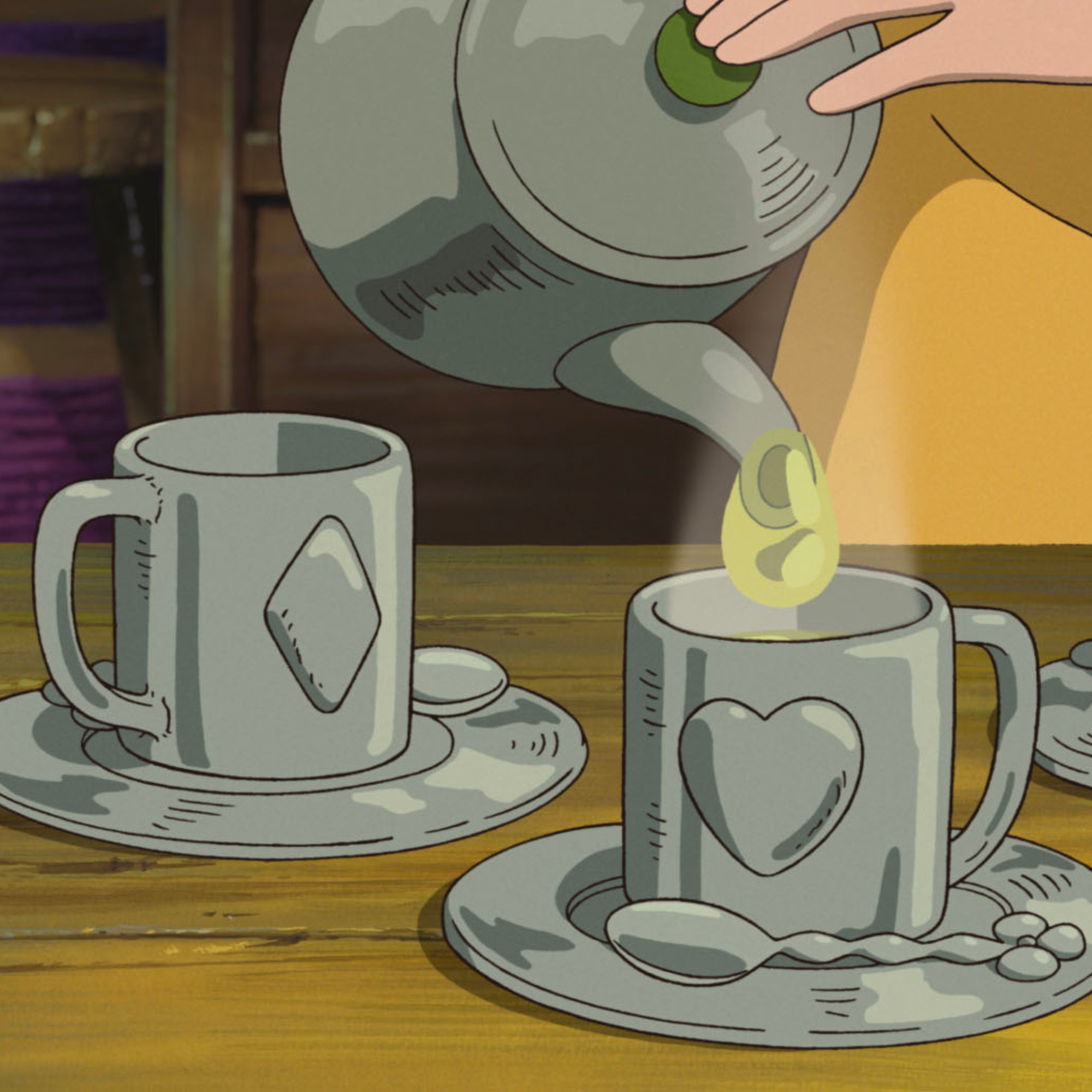- Magazine Dirt
- Posts
- Beyond Letterboxd
Beyond Letterboxd
The YouTube film critic.

Thomas Flight
Sam Diss in conversation with prolific video essayist Thomas Flight.
For the past decade, the word “YouTuber” has earned a negative connotation. The description evokes images of self-centered and vapid narcissists producing off-the-cuff commentary in gamer chairs, their pupils enlarged by a ring light. Every so often, news stories fixate on children’s desire to be a YouTuber as their dream job with gleeful doom-mongering, sending adults into an existential panic. And while TikTok is the social media lightning rod du jour, YouTube is the sky from which those bolts are born.
But this hand-wringing about dwindling attention spans often overlooks the video essay boom on YouTube, in which creators are producing long-form, deeply researched explorations of topics ranging from the aesthetics of evil to the precipitous decline in athletes named Bob. And creators like Thomas Flight—the soft-spoken, mustachioed film critic from central Virginia whose wry observations and light philosophizing narrate calming, uncommonly thoughtful, medium-length documentaries about Cinema & What All This Means—remain optimistic. For example, Flight’s recent essay—‘Why Do Movies Feel So Different Now?’ focuses on cinema’s shift from classical mid-century modernism to postmodern nihilism to today’s tussle between the two, where important truths and values are opened to different perspectives. Since its release in late May, nearly 4 million viewers have watched the 37-minute video.
It’s a strange time for optimism about anything right now, but Flight is a cautious optimist. I spoke to the video essayist about self-reflexivity, vulnerability, and subjectivity in this era of video-based criticism. Our conversation has been edited for clarity.

Sam Diss: I’ve noticed recently that your video essays have become increasingly aware of analyzing the process of your own analysis. Where does that come from?
Thomas Flight: It’s evolved for a couple reasons: I’ve always had a tendency towards introspection. A lot of the work I’m most interested in—the films, the filmmakers, the art, the content—is very introspective. They are aware of their work within the context of the culture, their own life, and body of work. Movies are works of art that, even if they’re not doing that explicitly, have this implicit sense of wider context. It’s hard to examine that kind of work without examining yourself and the culture you both inhabit at the same time, because I’d feel like you’d be missing some piece of the puzzle.
SD: The essay you made about the current climate of metamodernism in film felt like a turning point. Towards the end, you made a criticism that sometimes those filmmakers can be “overly concerned with their own self-doubt.” I’ve since noticed your videos toying with that idea of self-doubt, too, but also with a new kind of confidence in your ability to joust with that uncertainty.
TF: The self-doubt was always there in the work, albeit less explicitly than now. I think uncertainty interfered more with my ideas when I was less open to it. It wasn’t until I started to embrace it as part of the process that things started to make more sense. My goal now is to be as honest as I can in a video. I try not to do much more than honestly explaining what I’m seeing to other people. Obviously I do a ton of research so I can better explain what I’m trying to say, but I had to remove the idea that I was presenting something objective.
Article continues below.

SPONSORED BY MUBI
STREAM INCREDIBLE CINEMA.
This is a sign for you to start watching great cinema. Like PASSAGES: Ira Sachs’ fresh, honest, and brutally funny take on messy, modern relationships. Now streaming exclusively on MUBI.
With MUBI, you can discover award-winning classics and modern masterpieces by visionary filmmakers from all over the world. And for a limited time, MUBI is offering Dirt readers one month of incredible cinema for only $1.
1 month. $1. Endless movies.

SD: There’s this constant tension between truth and honesty in criticism: where something can become more true the more honestly you present it, even if that viewpoint is wildly subjective. Perhaps reaching for an objective truth only makes the criticism feel more false.
TF: Right. I kind of stumbled into this. I didn’t set out to be a film critic or a media critic. I was a filmmaker and an editor and started doing video essays about technical stuff because that’s what I felt like I had to share with authority: I know how this is done, so I can elaborate on that. Then I began asking myself what I really loved about film and media and why, and if I could have a useful role in it, somehow. As that process was happening, I was being influenced by people like Marshall McLuhan and Neil Postman and getting into what some people call “media ecology”—seeing media as not just a piece of content but existing as part of this much broader context where the way something is presented is as important as what’s being explicit said on the screen.
SD: In another recent video, your assessment of themes in Asteroid City, you spoke about the story focusing on characters intent of finding meaning while the world around it bubbles with insanity. It’s safe to say that point feels increasingly resonant, but it seems to be a recurring subject of yours.
TF: I’ve definitely found meaning in bringing more subjectivity and perspective into the videos. It’s allowed me to explore the subjects that really fascinate me while also digging into, you know, Top Gun: Maverick. I think we’re all experiencing something fascinating. We’re drowning in media without really paying much attention to how or why that happened.
I think we’re all experiencing something fascinating. We’re drowning in media without really paying much attention to how or why that happened.
SD: Another thing that resonates is that your videos don't come to this specific conclusion at the end. There is no ‘I know you think you know what The Irishman is about, but this is what it’s really about’.
TF: My intention is always to give it back to the viewer. I’m not trying to create a space where I tell you exactly what to think or see or feel about any one thing. What I’m here to do, as an essayist, is to tell you what I see and hopefully, in doing that, broaden your perspective. In my essays there’s a spot where it feels like the natural time for a conclusion. I do all I can to avoid filling that gap. I want that to happen in the viewer’s mind, to give them the pieces and ask them how they’d put that together for themselves.
SD: Maybe it goes back to your points on metamodernism and the way it takes postmodern deconstruction and allows space for something that feels a little more classically sincere. I think it was the refreshing sincerity of your work that drew me towards it: I feel like a lot of criticism—especially by male film critics—works overtime to use irony to leapfrog more sincere points, lest they lapse into this unbearable Letterboxd Bro stereotype.
TF: It’s very important to me that embracing subjectivity and self-reflexivity never comes off as defensiveness. I’m just striving to honestly communicate my feelings. Saying at the beginning ‘Look, I found this thing deeply profound or beautiful and I’m gonna try and figure out why I feel that way’ is a much more vulnerable position to work from, but that’s what it takes to make something interesting. If you preemptively try to defend yourself from every criticism, you’re only going to get so far.
SD: Talking about video essays more broadly: it's a medium that is growing from strength to strength, and feels super modern while also harking back to an older style of criticism. Why do you think there’s been such an uptick in the amount of incredibly high quality video essays?
TF: I'm not really sure what's causing it. Clearly the demand is there and, suddenly, YouTube has created this avenue by which that demand can be met by creators. As skeptical of—and as down on—social media as I generally am, I find YouTube to be a really beautiful platform. And now the economics [of the creator economy] creates this environment where it can give birth to really high quality commentary, because now you have a salary, can go write commentary about the specific things that interest you, and create something beautiful. I also think the medium can be so effective at getting your point across: of course there’s very high quality writing out there, but in video essays, I can show and tell you what I'm talking about as I'm doing it. It adds these depths that make ideas so much more accessible.
SD: For me, it’s a bit like how commentators talk about BookTok as if it’s just marketing and not a new form of critique: using a “low value” medium like TikTok—maybe a medium they don’t understand and only associate with mindless drivel and drivel-adjacent marketing—with a potential to disseminate “high value” cultural criticism.
TF: I love it as someone getting to make these things and getting to consume them. I think we're in a time right now where the old world of publishing, academia, and journalism is changing in this new media landscape. But it doesn’t have to change completely: you can now have this cross-pollination in really interesting ways.
I think we're in a time right now where the old world of publishing, academia, and journalism is changing in this new media landscape.
SD: Do you think this corner of YouTube will encourage a reaction to what currently makes the most noise?
TF: I'm optimistic that everyone has the ability to be a little more thoughtful about how they want to talk and listen to the world, whether it's the real world or the digital media landscape.

MORE HUMAN CONNECTION
|
|
|
|
|
|
|


